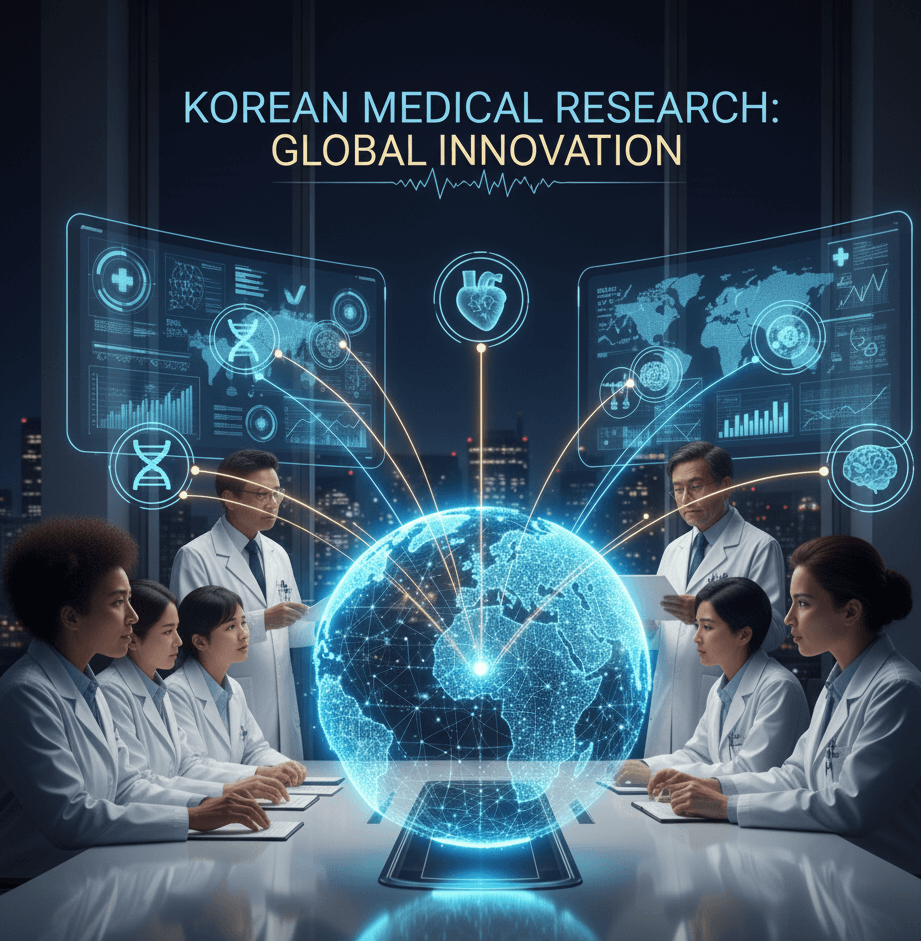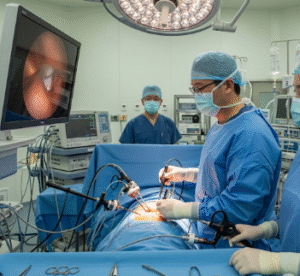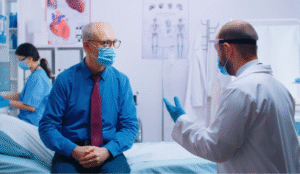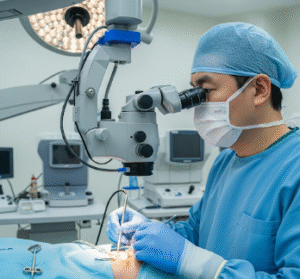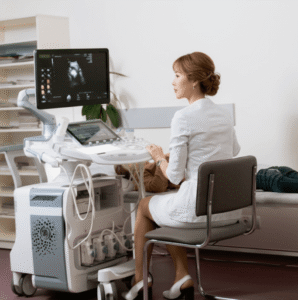South Korea has become one of the most dynamic contributors to global medical science. Once known mainly for adopting international practices, the country is now setting new standards in research collaboration, biotechnology, digital health, and clinical innovation. Korean universities, hospitals, and biotech firms are leading research that is influencing global policies, products, and patient care.
Korea’s Rising Presence in Global Research
Over the past two decades, Korea’s investment in science and medicine has transformed its research ecosystem. The number of internationally published medical studies by Korean authors continues to grow steadily each year, and collaboration with institutions in the United States, Europe, and Asia is expanding.
Korean researchers are now involved in global projects tackling major health issues such as cancer, diabetes, aging, and infectious diseases. Many of these collaborations are supported by the Korean Society of Global Health and major academic institutions that encourage cross-border data sharing and joint research initiatives.
The shift reflects a new focus: Korean scientists are not just solving domestic problems but addressing global health challenges through shared knowledge, technology, and policy partnerships.
Korea as a Clinical Trial Hub
South Korea has earned global recognition as a leading destination for clinical trials. With its advanced hospital networks, efficient regulatory system, and digitally integrated health data, it offers ideal conditions for both domestic and multinational research.
Key strengths that make Korea a preferred location for trials include:
➡️ Streamlined regulation: Ethical and government reviews are conducted swiftly, helping global pharmaceutical companies test and approve products faster.
➡️ Strong hospital infrastructure: Large teaching hospitals and specialized centers can recruit patients quickly and maintain high-quality data.
➡️ Skilled professionals: Korea has a deep pool of well-trained clinical research specialists who follow international Good Clinical Practice (GCP) standards.
➡️ Comprehensive data systems: National health insurance and electronic medical record networks support long-term patient follow-up and big data research.
This infrastructure allows Korea to play a key role in validating new drugs and medical devices for global markets, strengthening its reputation as an innovation hub in clinical medicine.
Leadership in Data and Artificial Intelligence Research
Korea is also pioneering in digital health and AI-based research. Major hospitals such as Seoul National University Hospital and Asan Medical Center are developing secure platforms that allow both domestic and international researchers to analyze anonymized medical data under strict privacy regulations.
These platforms make it possible for scientists around the world to study Korean health data safely, improving the accuracy of global AI models for diagnostics and treatment prediction. By integrating machine learning, imaging, and genomic analysis, Korean research institutions are helping the world understand diseases more precisely and personalize care for patients.
One example is the use of AI-assisted imaging tools developed in Korean hospitals to improve early detection of cancers and neurological disorders. Korean teams are also working on privacy-preserving AI models—systems that can learn from sensitive health data without exposing patient identities, setting a new global benchmark for ethical AI use in medicine.
Breakthrough Innovations with Global Reach
Korean scientists and healthcare institutions are producing high-impact innovations that are gaining international attention:
➡️ Development of biologics and biosimilars that are now sold in markets across North America and Europe.
➡️ Advances in medical robotics, where Korean-made surgical systems are competing globally.
➡️ Pioneering work in precision oncology, using genomics and AI to tailor cancer treatments to individual patients.
➡️ Major progress in infectious disease control, supported by institutions like the Institut Pasteur Korea, which collaborates globally on antiviral and vaccine development.
Korean bioethics and research governance frameworks are also evolving in line with international standards. Updated ethical guidelines now emphasize patient rights, data transparency, and global cooperation in research—a reflection of Korea’s commitment to responsible scientific growth.
Challenges Facing Korean Medical Research
Despite strong progress, several challenges remain:
➡️ Healthcare workforce strain: Doctor shortages and policy disputes have occasionally disrupted hospital research operations.
➡️ Funding stability: Sustaining long-term funding for major international research projects remains a constant concern.
➡️ Ethical and privacy regulations: As global collaborations grow, Korea must continuously align its data protection laws with international standards.
➡️ Balancing local and global goals: Domestic healthcare challenges, such as aging and chronic disease management, sometimes compete for the same resources needed for global research initiatives.
Addressing these challenges will be key to maintaining Korea’s momentum and ensuring that research output continues to influence global medicine.
Global Impact and Opportunities
Korean research is now helping shape international health in several ways:
➡️ Accelerating innovation: By sharing data and clinical results, Korea shortens the time between laboratory discovery and patient application worldwide.
➡️ Raising quality standards: Korea’s emphasis on ethics and digital security influences how other countries design their research frameworks.
➡️ Enhancing global collaboration: Joint research with institutions abroad helps solve shared problems faster—from rare diseases to global pandemics.
➡️ Boosting healthcare access: Many Korean-developed technologies are cost-effective, helping countries with limited resources adopt modern medical solutions.
The Road Ahead
Looking to the future, Korea’s influence in medical research will only deepen. The government continues to invest heavily in life sciences, data infrastructure, and biotechnology. Korean universities are expanding partnerships with global institutions, while private companies are focusing on digital health exports and AI-driven diagnostics.
In the coming years, we can expect:
➡️ More Korean-developed drugs and diagnostic tools reaching global approval.
➡️ Wider use of Korean AI algorithms in international hospitals and research centers.
➡️ Greater leadership from Korean scientists in global health initiatives and policy boards.
➡️ Continued breakthroughs in regenerative medicine, genomics, and data-driven public health.

